Reflecting Back on Marvel’s ‘Moon Knight’ series
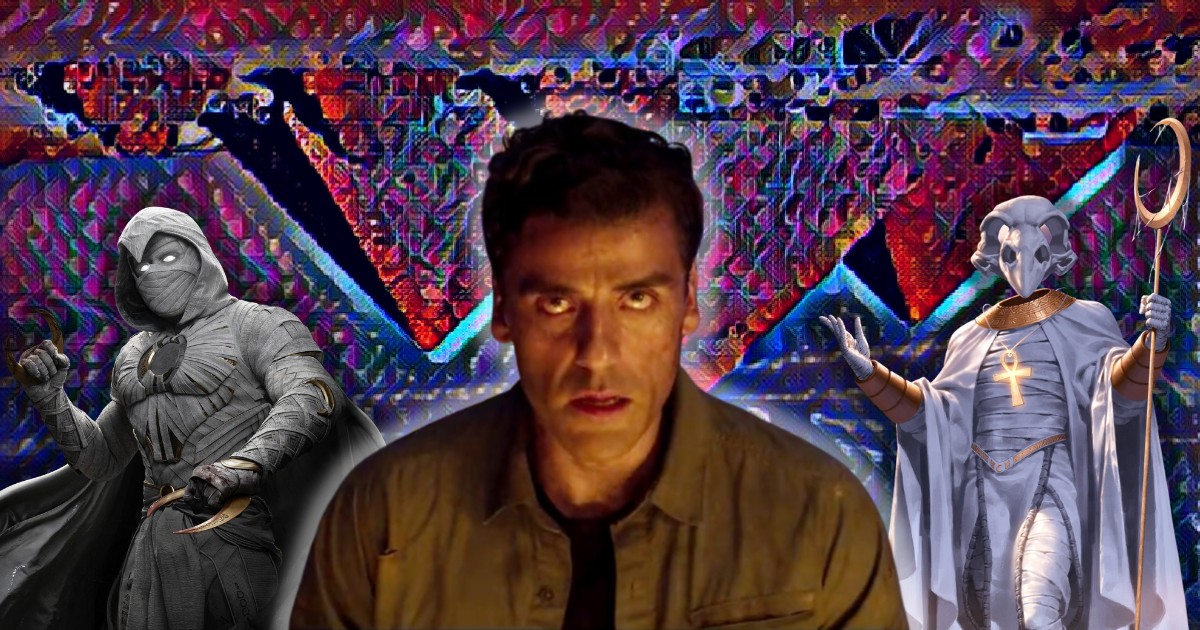
Marvel Studios took a gamble with a Moon Knight series on Disney+. Taking a character with Dissociative Identity Disorder (DID) who is also a superhero could have been a PR nightmare if done wrong. Factor in that Moon Knight’s comics tend to be skewed to a more mature population and premiering on a more family-friendly streaming service and it seemed that the show was in for some trouble.
Now that we are on the waning end of Moon Knight’s lunar cycle of six episodes, did the show hold up to The Cosmic Circus’ initial reviews to their screeners? Check out those screener reviews here for refreshers of what I, EIC Lizzie Hill, and Anthony Flagg’s video review said about Moon Knight’s first four episodes.
[Warning: Spoilers from Moon Knight are below. Please read at your own risk!]
Moon Knight: The Story So Far
Marvel Studios changed their approach to how they tell a superhero origin story. The show began from Steven Grant’s point of view and along with him, fans learn that there is more to him than his pet goldfish Gus. Steven, played by Oscar Isaac, is sharing a physical body with another, Marc Spector – an American mercenary who also happens to be the Avatar to the Egyptian God Khonshu.
Steven isn’t exactly happy about sharing his body with another but seems even more unhappy at the violent tendencies exhibited by Marc both in and out of the Moon Knight suit. Pulled as an unwilling participant into a world where Gods are real and magic is at every turn, Steven quickly embraces the Mummy-inspired adventure of his dreams. Be it because of his desire to have control of the body again, or his growing love for Marc’s wife Layla, Steven jumps headfirst into saving the world from the likes of Arthur Harrow and Ammit.
The story itself is pretty straightforward. There’s an identifiable bad guy with a dastardly mission that will destroy the world, therefore forcing our hero to save the world. While this story has been told time and time again, Moon Knight did it well and in ways that made it more exciting than just your typical action-adventure flick.
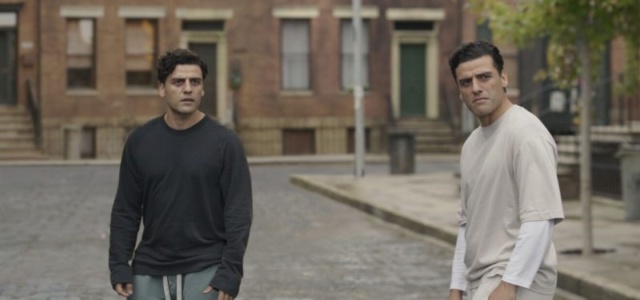
The dynamics between Marc and Steven added a personal level to the story as these two incredibly different individuals learn to not only work together but function well together as a system. Marvel Studios also took the time to understand DID, utilizing psychologists behind the scenes, creating some of the best representations of mental health that I have ever seen. This added another layer to the story that helped it feel so real in ways some other MCU projects haven’t been able to.
Marc Spector and Steven Grant
The depth of each and every major character in this show was astounding. In many media presentations of DID, some if not most of the alters feel one-dimensional because the ‘depth’ of the character is their DID diagnosis. In Moon Knight, both Marc and Steven are complete people with full identities, desires, and motivations. Neither seemed sidelined for the other, with each having a satisfying conclusion to their individual stories in the end.
Seeing the two work together as a system flawlessly in the final episode will always stand out as a high point for me in the MCU. Seeing them transition fluidly between Mr. Knight and Moon Knight, playing to each other strengths, showed how a system can work together towards a common goal. Oscar Isaac deserves every award for his performance in this series and I cannot wait to see where he takes the character in the future.
Arthur Harrow
Arthur Harrow was also one of the first villains in the MCU that felt multidimensional in many ways. He was scary, intimidating, and incredibly calm. He never seemed to get worked up about anything, but instead had this eerie slow pace to his plan of releasing Ammit from her tomb.
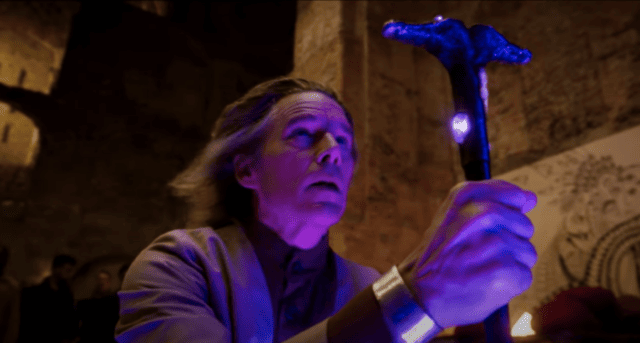
Arthur also felt so righteous in the judgment of others for future actions, cementing himself as one of the creepiest cult leaders in film and television. Ethan Hawke brought the character to life in ways that made him feel more realistic. He wasn’t entirely larger than life like Thanos or Red Skull, even though he had magic and communicated with Gods.
Ethan Hawke took a role that could have been just another run-of-the-mill baddie and turned him into something extraordinary. He may not have been the final bad of the show, but he definitely stole the screen in every shot he was in. His willingness to die at the hands of Ammit in the finale will haunt me for a long time. The way the post-credit scene played out, it doesn’t seem like we’ll be seeing more of him, but I hope that this isn’t the end of Hawke in the MCU.
Layla Miller
We have to talk about Layla and the exceptional acting from May Calamawy. Earlier on in the season, I had a fear that Layla was just a flat love interest for Marc/Steven. By the midseason point, I was positive that Layla was just as important as Moon Knight himself. A sentiment that was reflected in her personal story in episode six. Seeing Layla become The Scarlet Scarab and a hero in her own right was the best part of this entire series.
It felt like Marvel Studios finally understood how to write a supporting female role outside of just a love interest. Sure, there are still aspects of romance throughout the season, however by the end it wasn’t about her loving Marc or Steven, but instead about saving the world and stopping Ammit.
Her fight scenes were absolutely fantastic and it was great to see Marvel invest in powerful stories about powerful women and not shy away from that. She wasn’t seen after the major fight, which to me indicates that we will be seeing her again. Hopefully sooner rather than later.
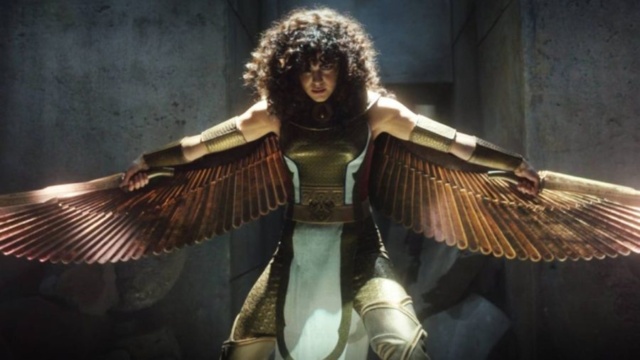
Mental Health
Having already spoken at length both on Twitter and in a separate article dedicated to this topic, it’s important to reiterate that Marvel Studios did a fantastic job with their mental health discussion. Episodes five and six did a lot of the heavy labor for that discussion, but as a psychologist, it felt amazing to watch a show where the mental health conversation was taken seriously and discussed in a real way.
Marvel Studios could have easily turned DID into a ‘superpower’ which would have tainted the quality of the show, but instead, they showcased that Marc and Steven are individuals with DID and didn’t make DID their entire story.
If for any reason there should be a second season or follow-up movie, it’s to continue this conversation on mental health. There is so much more they can and should say in a high-profile project like this that would help normalize mental health and reduce the stigma.
Action and CGI in Moon Knight
Not enough praise can be given to the action and CGI in this series. The CGI for Khonshu and the suit alone is enough to fangirl over. Khonsu, perfectly voiced by F. Murray Abraham, looked like he was ripped from the pages of a comic and thrown onto screen.
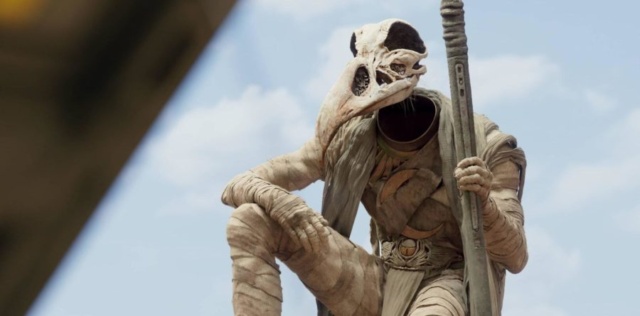
His large bird body didn’t feel out of place, because it moved and seemed realistic. The suit was incredible to watch in action, really showing the marvelous lengths Marvel Studios has gone to make their superheroes feel as real as possible.
The action sequences were amazing to watch as well. Seeing Marc/Steven fight through jackals, monsters, and cult followers was a sight to behold. Whoever choreographed the fights was exceptional at their job and hopefully continues to work on other Marvel projects, because we need more street-level brawls like the ones in Moon Knight.
Problems with the Series
Okay, so we also have to be realistic. This show is at the top of the MCU Disney+ shows, but that doesn’t mean there weren’t issues. The most glaring one was the pacing of the final episode. Marvel Studios seems stuck on the six-episode run train, but Moon Knight certainly could have benefited from another episode or two.
From start to finish, the finale was break-neck paced which will require at least one more viewing to properly take it all in. They did not leave enough time to digest it all.
There also wasn’t a ton of Moon Knight in a show named Moon Knight. Yes, I know that point of the story was to gain an introduction to Marc, Steven, and the supernatural side of the MCU. But it would have been brilliant to see more of the suit and its abilities through the season. Especially if it is just a limited series and Moon Knight doesn’t return (however I don’t believe that is true).
By adding some additional episodes, we could have had more time with Marc and Steven as Moon Knight and Mr. Knight as they learn how to balance heroism with real life.
Moon Knight: Final Thoughts
While this show may have some flaws, overall it was a great entry into the MCU. Oscar Isaac is perfect as Marc and Steven and I cannot thank him enough for giving us what he did. As the first chapter in the growing supernatural world of the MCU, it shows us the boundaries that Marvel Studios are intending on pushing.
This may have been deemed a limited series, but this is definitely not the last time we have seen Moon Knight in the MCU. I would be shocked in another project isn’t announced soon. Regardless, I’m thankful for what we have been given because these six episodes have been a total treat.
But what did you think? Did you like Moon Knight as a whole, or did it fall flat for you? Let us know over on Twitter!
Moon Knight is currently streaming in its entirety on Disney+!
List of Deleted Scenes From ‘Doctor Strange in the Multiverse of Madness’


